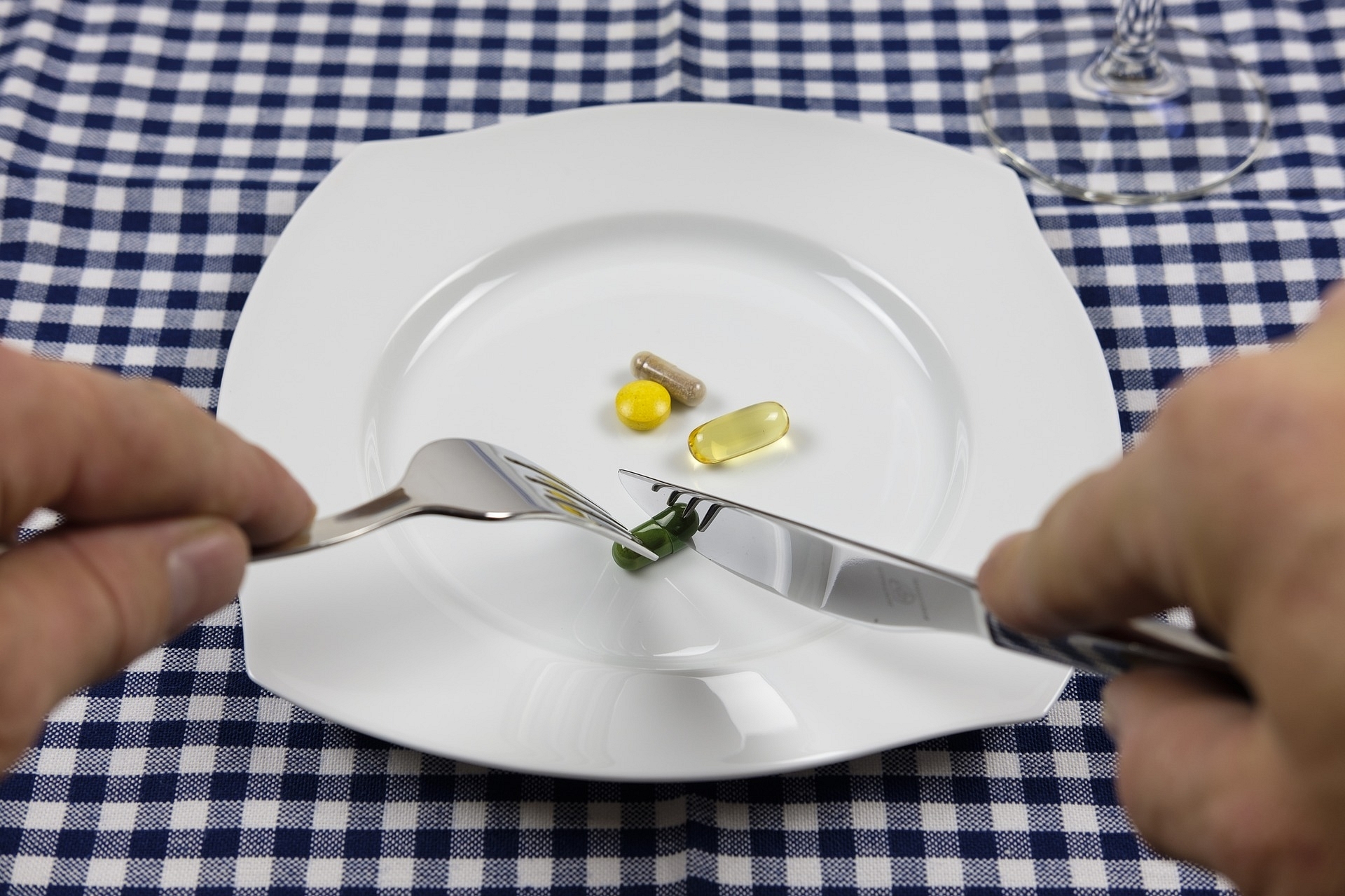Magazine
Big Pharma In Big Mess: A Crisis Of Credibility
- Big Pharma is undergoing a crisis of credibility. As informed users, the choice we have to make is: how much of our healthcare will we hand to the industry?

(Bruno Glasch/Pixabay)
The headlines are startling: “Johnson and Johnson verdict shakes US opioid industry” (Financial Times), “Opioid addiction rising in India as US drugmakers push painkillers” (Guardian), “A New Book Argues That Generic Drugs Are Poisoning Us” (NY Times). Something is clearly wrong in this business, one of the most profitable industry sectors in the world.
All this in addition to several general issues with the industry: the fact that it has not been able to develop effective drugs for, say, Alzheimer’s disease, despite investing billions; the shameful U-turn in 2015 when, after millions of people had been prescribed statins, the medical establishment admitted that cholesterol was not a major cause of cardio-vascular disease. There is also ongoing concern about price-gouging, for example, Martin Shrkeli, a drug firm chief executive officer, having raised the price of a life-saving drug from $13.50 to $750, and is now in jail.
The current concerns about opioid addiction has led to J&J being fined $572 million by an Oklahoma judge for claims only in that state (with a number of lawsuits in the works in other US states, and Purdue Pharma offering to pay $10-$12 billion to settle them all). It appears that 70,000 people have died in the US from these powerful pain-killers.
In addition, there are reports that China is actively pushing illegal fentanyl (a powerful opioid) into the US (and probably India). That would avenge the opium trade, wherein the British pushed Indian opium into China and created 12 million addicts, which led to British domination of the China trade. By doing the same to the US and India, China may be practising ‘unrestricted warfare’, a favourite of its strategies.
There are major concerns about the ability of the US Food and Drug Administration (FDA) to effectively regulate the drug trade. There was the spectacular collapse of Theranos, a blood-testing firm, which apparently was able to manipulate FDA inspectors. Anecdotal evidence, including that about clinical trials of drugs in India, suggests that FDA inspections are not all that difficult to fix, and that certification may mean less than it appears to.
But that doesn’t mean the industry is rolling over and going gentle into that good night. It is good at defensive action. For instance, there was the threat of biologics, ie, drugs developed from biological rather than traditional chemical drug discovery. But Big Pharma has been able to fend that off, and now are leading purveyors of biologicals as well, both through acquisition of small biologics firms, and through their own R&D.
See the WSJ article “How Big Pharma suppresses bio-similars” (‘Big Pharma’ generally means the top 10 global players including J&J, Novartis, Pfizer, Merck, GlaxoSmithKline and Eli Lilly).
Another target in Big Pharma gunsights is the generic drug industry. Israel’s Teva, several Indian firms, and now several Chinese firms are big players in generics, which are off-patent drugs that are reverse-engineered by non-Big Pharma firms. (India has resisted pressure to dilute its 3(d) IPR law that refuses to extend patents for trivial improvements). They are generally much lower in price, often orders of less magnitude, and put substantial downward pressure on the prices Big Pharma can charge for their branded drugs.
In a celebrated case, when Big Pharma was charging $30-$40 a day for a cocktail of AIDS drugs, India’s Cipla offered the same for $1 per day in 2000.
So, it was not surprising to hear about a new book, Bottle of Lies: Ranbaxy and the Dark Side of Indian Pharma, which purports to be a whistle-blower’s account of malpractice in Indian generic drug companies. The message: Indian (and in general, global) generic drugs are dangerous because they are made in unhygienic factories with faulty ingredients by people without integrity who fool the FDA inspectors.
That may well be true. But even branded, made-in-America drugs often have very serious side-effects. So, the bigger question should be: should we get off of the self-perpetuating Big Pharma roller-coaster, eschew allopathy, and go for traditional Indian medicine as the solution for our large healthcare woes?
Introducing ElectionsHQ + 50 Ground Reports Project
The 2024 elections might seem easy to guess, but there are some important questions that shouldn't be missed.
Do freebies still sway voters? Do people prioritise infrastructure when voting? How will Punjab vote?
The answers to these questions provide great insights into where we, as a country, are headed in the years to come.
Swarajya is starting a project with an aim to do 50 solid ground stories and a smart commentary service on WhatsApp, a one-of-a-kind. We'd love your support during this election season.
Click below to contribute.
Latest